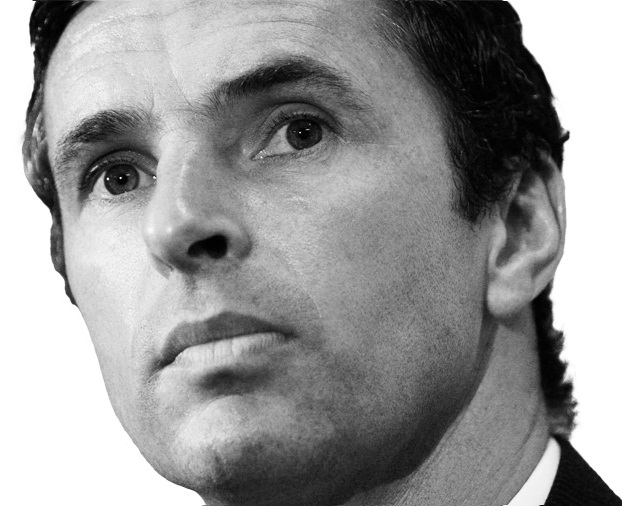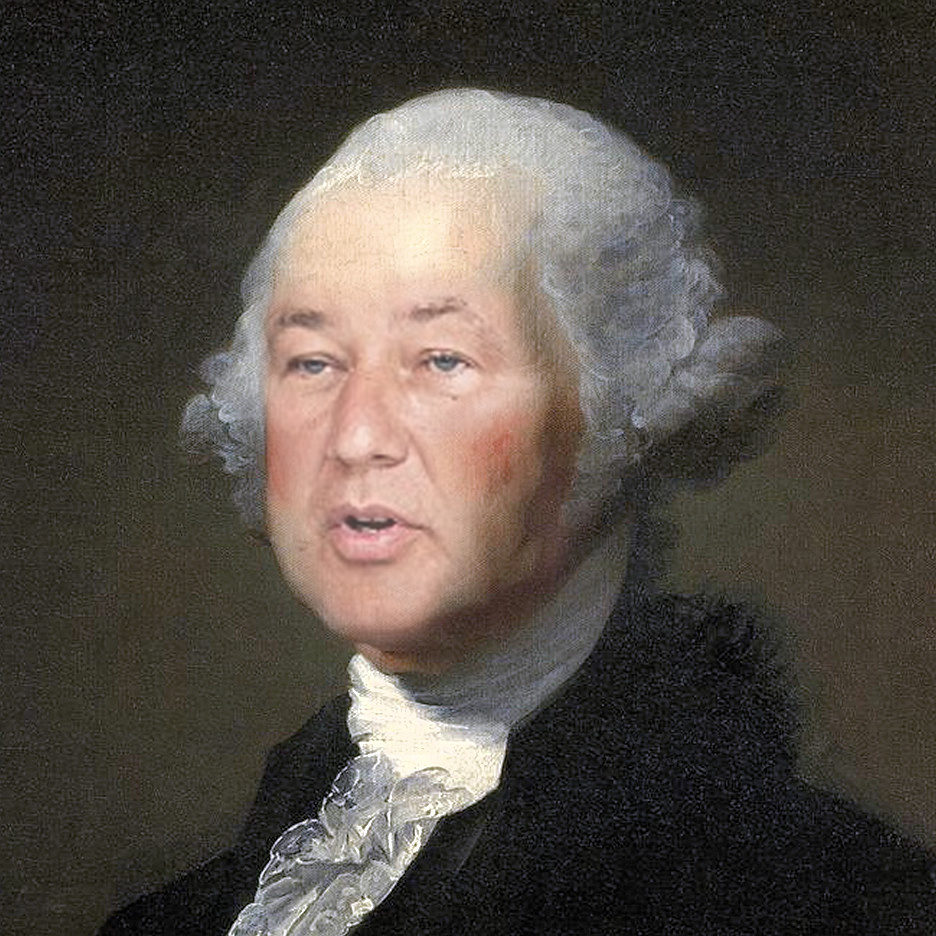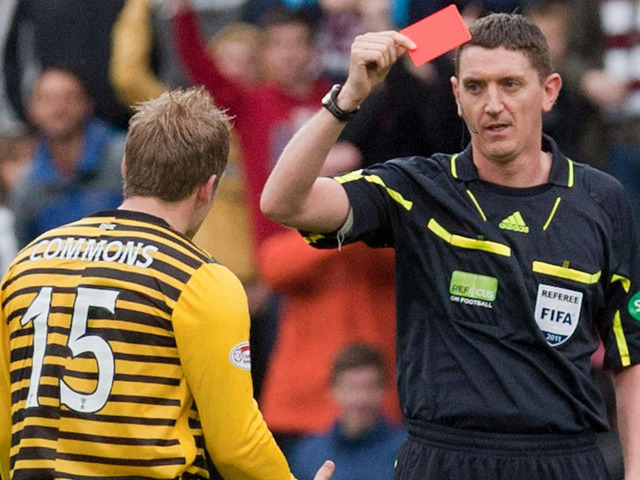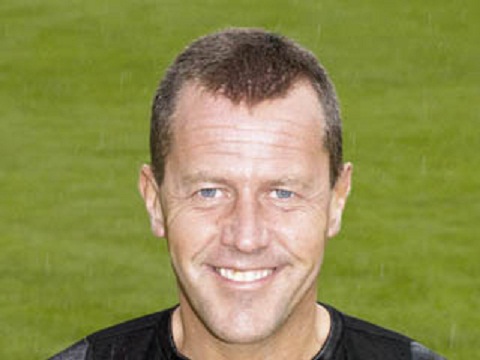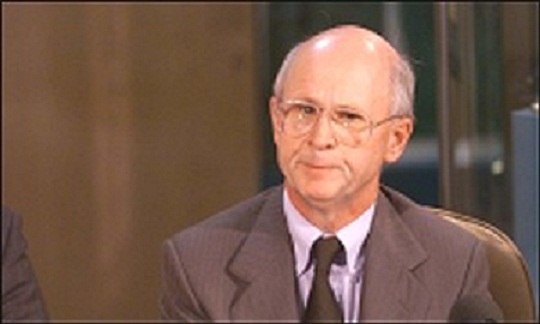“At the minute I am just in recovery. I have been going through it for years.
“You just never know when it will reoccur again. It is just maintaining that quality of life.
“There is no real time pattern for it.
“I have gone a couple of years without it and it comes at various times in the year.
“At the minute everything is going okay, touch wood.”
Referring to his fiery on-pitch persona, Lennon added: “Most people up here would have thought I’d be the last person to get it.
“It is usually the strongest-willed people. You would be surprised who has got it.
“I could give you a list of celebrities and famous people who have got it – it would knock you back a wee bit.
The last part is deeply profound. There is a misplaced view that footballers, especially wealthy and successful ones such as Lennon and Speed, have a wonderful life. Depression has been labelled as the curse of the strong, and you certainly have to have a strong mentality to overcome one of society’s shameful taboos – being able to talk about an illness that affects one in four people. Neil Lennon said that speaking publicly about his depression was worse than playing in a Glasgow derby. There is still a generalisation that depression highlights weakness, and this may alter how you are perceived in sport. Cricketer Marcus Trescothick now speaks openly about depression, but used to label it a ‘stress related illness’ through fear of ridicule and perceived weakness.
The fact that two football matches, especially the Swansea v Aston Villa game in which four current welsh internationals played, was allowed to go ahead, sums up the stigma attached to depression. In football, and to a greater extent, wider society, we are encouraged to ‘get on with things’ as quickly as possible. On the radio earlier, Ian Dowie stated that Swansea v Villa should go ahead because Gary Speed loved football. This totally misses the point. If we as a society cannot take stock of a successful national team manager, at 42 years of age, committing suicide, then we have our priorities all wrong. If Neil Lennon is correct, and that we would be knocked back a bit at the names of people who are suffering from this physical and psychological illness, then we need to speak more openly about it. This is not to satisfy idle gossip, but to deeply explore the causes, consequences, and management of depression. A broken leg is obvious, a broken mind is not, but they are both worthy of treatment, even if one can never be fully cured.
As a recent Guardian article pointed out, there was a recent case of a German player who wanted to kill himself. As soon as his club found out, they arranged for his private treatment, kept in regular contact with doctors, and continued to pay his full salary. This would not have happened but for the equally tragic suicide of national team goalkeeper Robert Enke in November 2009. If any fragment of positivity can come out of Gary Speed’s suicide, is that people from all walks of life can feel encouraged to talk to someone. Neil Lennon is under intense pressure as Celtic manager, but he is just as susceptible to this illness as a supporter who seemingly has a comfortable life.
In 2008 my place of work was deeply traumatised by the suicide of a twelve year old girl, who has also found hanged. The subsequent bereavement group I ran was harrowing, with students of the same age unable grasp what had happened. After six months, with students finally beginning to open up and talk more freely, the school pulled the plug on the group, saying that six months is too long to grieve. I was astounded by the lack of understanding and compassion. Relating this back to depression, just because Neil Lennon, for example has shown no signs of depression for a considerable period of time, it does not mean that the illness is fully cured. Nobody should say simplistic statements such as ‘you have been fine for months, why are you getting down now?’ Depression is far deeper than merely feeling sad, and as a society our response to a tragedy that makes us stand up and look at our own attitudes will be the greatest challenge.
For Gary Speed, there may be peace at last. For football, there needs to be constant dialogue about mental health. At present, thoughts will be filled with sadness, but tomorrow is the dawning of a new beginning. Sadly for Gary Speed, he can only watch from the great beyond.

